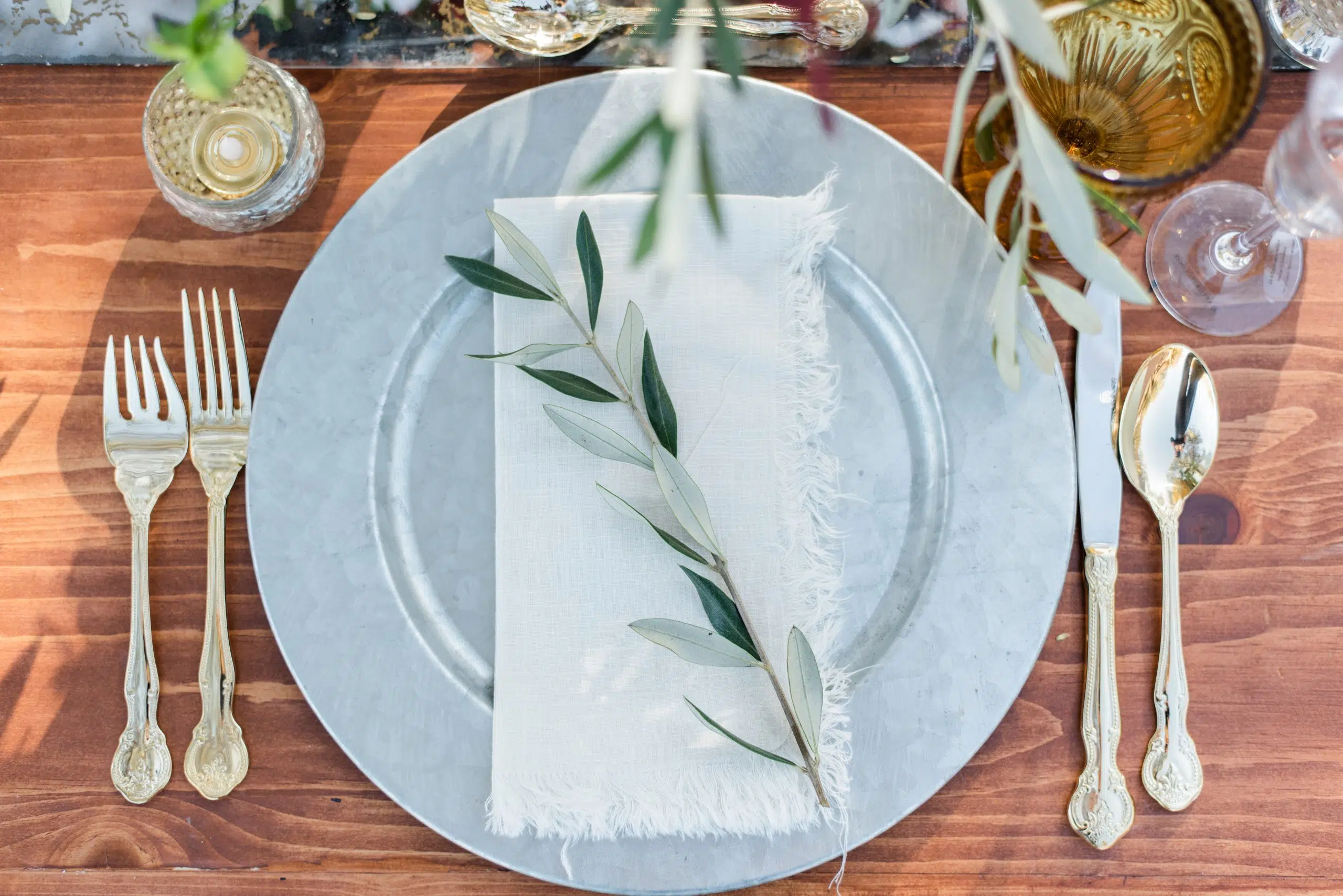
Photo by Arthouse Studio / Pexels
Etiquette, what is it?
Think of it as polite actions: things you would enjoy if someone else did them for you. Historically known as a guide line of how to treat others with respect, including yourself.
Adeodata Czink is the owner of Toronto etiquette consultancy, Business of Manners. Czink says good etiquette begins the moment you walk through a door.
“You want to commend attention by your presence. You want to look tall with great posture, open the door wide, step in and give yourself a moment to look around. You have arrived and you are great.”
Czink has been teaching etiquette to many since founding Business of Manners in 1989. Teaching classes on everyday etiquette, dining, business protocol and international etiquette.
Etiquette that is used today can be traced back to as early as the 1600s through kings and queens; however, Czink shares that etiquette has been around much longer than that.
“King Ferdinand of Aragon was said to have a lisp. His wife Isabella began to lisp as an act to not make Ferdinand feel uncomfortable. Once the two of them were lisping, so was the whole court and then the aristocracy, all the way to the lower class.”
Czink explains that beyond presenting yourself with poise, to follow great etiquette is to have great character and ethics combined.
“A good upbringing means not that you won’t spill sauce on the tablecloth, but that you won’t notice it when someone else does.” – Anton Chekhov
The Importance of Etiquette
Colin Hill is a professor at The School of Tourism, Hospitality and Culinary Arts at Fanshawe College where he is known as the “etiquette guru”.
“When it comes to etiquette, there’s a lot you can tell when you first meet somebody,” Hill said. “It’s so important they used to say within the first two minutes people can perceive everything you bring to the table.”

Photo by Taryn Elliott / Pexels
Among many courses at Fanshawe, Hill teaches a dining etiquette class, and it’s about more than one would think.
“It all starts with when you arrive,” he said. “Your timing shows how important you think that person is and how you introduce yourself and greet others follows.”
Hill explains that proper dining etiquette expands beyond learning how to hold a fork and knife. It’s about giving whomever you’re with all your respect and attention.
“When you shake someones hand you should meet eyes,” Hill said. “When you’re at the table, you should make conversation to the person on your right, left and across from you. If you’re expecting a call, you let others know before settling in, otherwise your phone is not the focus.”
What it boils down to is being considerate of others before yourself, the guru expanded.
Manners for the mind
“To really listen you need to be focused and not thinking about your next words. You need to be focused on what someone is saying and how they’re saying it.”
Terri Cheney is a former attorney turned author. In her most recent publishing, Modern Madness: An Owner’s Manual, Cheney dedicates a chapter to “Etiquette for the Ordinary” where she discusses how good manners could make for better mental health.
“I think if we had more certainty in our lives there would be less anxiety,” said Cheney. “Etiquette to me is a form of certainty.”
Cheney is a collector of old etiquette books, reading them to navigate the world she once found so chaotic. In an article Cheney wrote for Psychology Today, she explains how her 1938 copy of Manners for Modern helped ease her social anxiety.
“Having bipolar disorder I’ve had to be very careful about how I present myself, I have to control my symptoms around other people,” she explained. “…even though you may sacrifice some authenticity, I think it’s important to be aware of how you’re presenting yourself.”
Cheney concludes doing so makes people more comfortable and that’s really what etiquette is all about.
Curtsies and hat tipping
Victorian Style rules of etiquette governed by everyday do’s and dont’s of how you should ask questions and whom you should speak to and when are a distant memory for most.

Photo by Suzy Hazelwood / Pexels
Holding the door open is no longer a gendered role, it’s not a disgrace if salt travels without pepper and no one is concerned whether you cut your asparagus in half before you eat it.
However, one golden rule should always apply: “Politeness is to do and say the kindest thing in the kindest way,” or as many people may know it as, do unto others as you would have them do unto you.





Comments